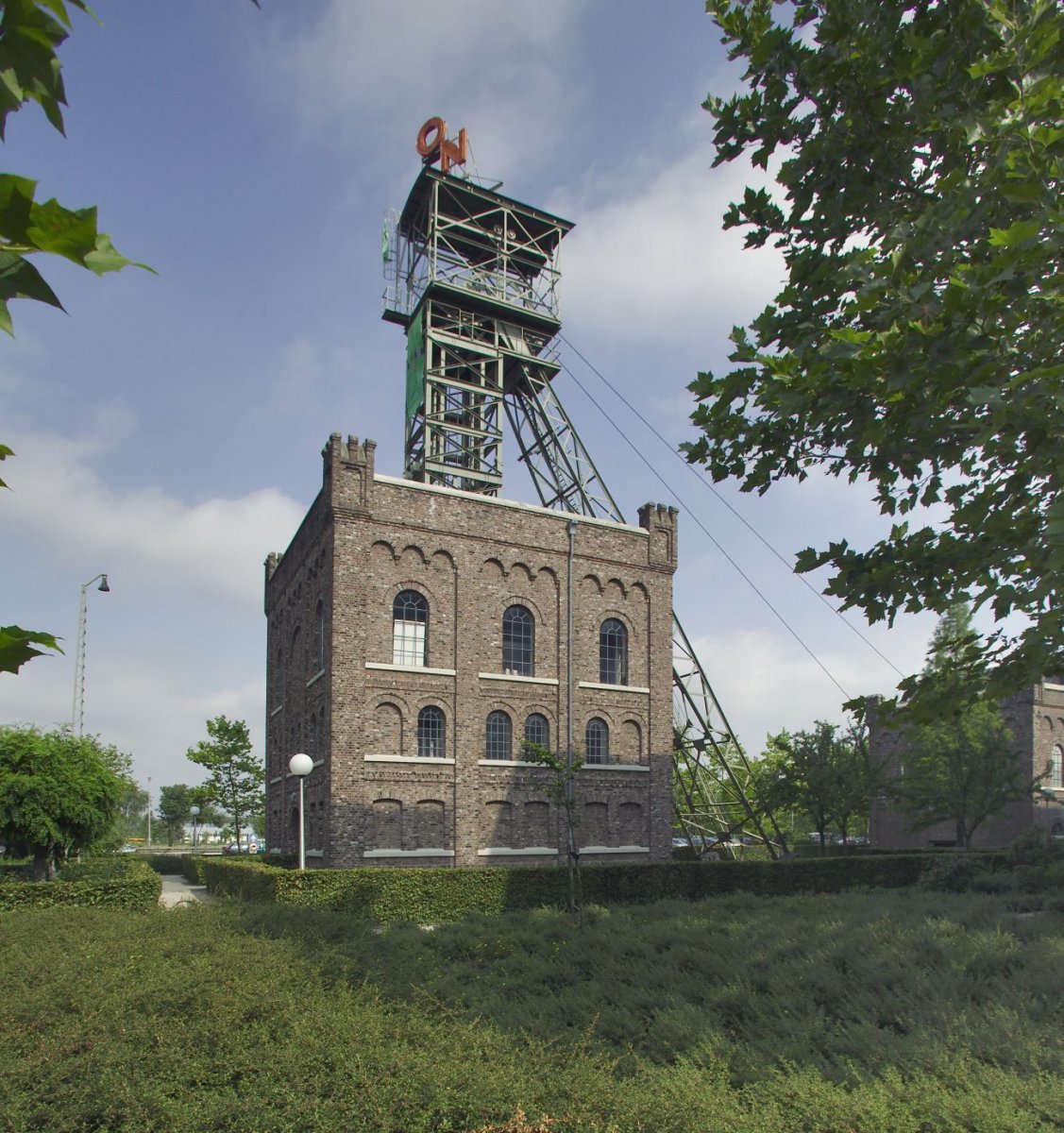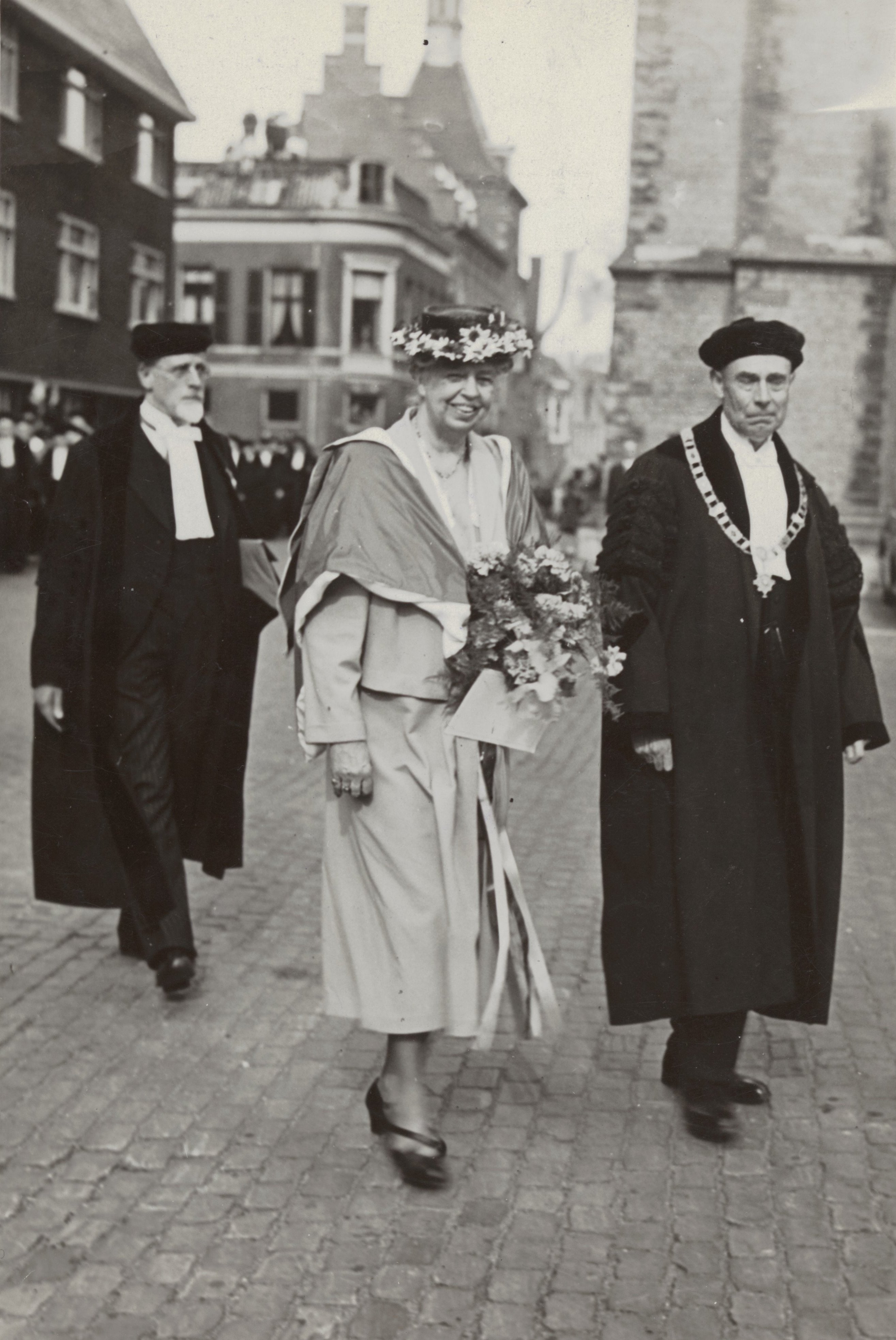|
Nicoline Van Der Sijs
Nicoline van der Sijs (born 1 April 1955) is a Dutch linguist and etymologist who is Professor of Historical Dutch Linguistics at Radboud University Nijmegen. Biography Nicoline van der Sijs was born in Heerlen on 1 April 1955. She received a master's degree in Slavistics from the University of Utrecht in 1979, and a Ph.D. in Dutch historical linguistics from Leiden University in 2001. On January 1, 2013, van der Sijs was appointed Professor of Historical Dutch Linguistics at Radboud University Nijmegen Radboud University (abbreviated as RU, nl, Radboud Universiteit , formerly ''Katholieke Universiteit Nijmegen'') is a public research university located in Nijmegen, the Netherlands. The university bears the name of Saint Radboud, a 9th century D .... References 1955 births Etymologists Leiden University alumni Linguists from the Netherlands Living people Academic staff of Radboud University Nijmegen Slavists Utrecht University alumni {{Netherlands-linguist-st ... [...More Info...] [...Related Items...] OR: [Wikipedia] [Google] [Baidu] |
Heerlen
Heerlen (; li, Heële ) is a city and a municipality in the southeast of the Netherlands. It is the third largest settlement proper in the province of Limburg. Measured as municipality, it is the fourth municipality in the province of Limburg. Heerlen forms part of the city-region of Parkstad Limburg, an agglomeration with about 250,000 inhabitants and encompassing 8 municipalities. It is to the east of Maastricht and north of the German city of Aachen. After its early Roman beginnings and a modest medieval period, Heerlen became a centre for the coal mining industry in the Netherlands in the late 19th century. In the 20th century, architect Frits Peutz played a major role in shaping the city as we know it today. His most famous design, and a distinctive building in the city centre, is the so-called Glaspaleis (''Glass Palace''), listed as one of the world's thousand most architecturally important buildings of the 20th century. History A habitation from the Michelsberg culture ... [...More Info...] [...Related Items...] OR: [Wikipedia] [Google] [Baidu] |
Digital Library For Dutch Literature
The Digital Library for Dutch Literature (Dutch: Digitale Bibliotheek voor de Nederlandse Letteren or DBNL) is a website (showing the abbreviation as dbnl) about Dutch language and Dutch literature. It contains thousands of literary texts, secondary literature and additional information, like biographies, portrayals etcetera, and hyperlinks. The DBNL is an initiative by the DBNL foundation that was founded in 1999 by the Society of Dutch Literature (Dutch: Maatschappij der Nederlandse Letterkunde). Building of the DNBL was made possible by donations, among others, from the Dutch Organization for Scientific Research (Dutch: Nederlandse Organisatie voor Wetenschappelijk Onderzoek or NWO) and the Nederlandse Taalunie. From 2008 to 2012, the editor was René van Stipriaan. The work is done by eight people in Leiden (as of 2013: The Hague), 20 students, and 50 people in the Philippines who scan and type the texts. As of 2020, the library is being maintained by a collaboration of t ... [...More Info...] [...Related Items...] OR: [Wikipedia] [Google] [Baidu] |
Academic Staff Of Radboud University Nijmegen
An academy (Attic Greek: Ἀκαδήμεια; Koine Greek Ἀκαδημία) is an institution of secondary or tertiary higher learning (and generally also research or honorary membership). The name traces back to Plato's school of philosophy, founded approximately 385 BC at Akademia, a sanctuary of Athena, the goddess of wisdom and skill, north of Athens, Greece. Etymology The word comes from the ''Academy'' in ancient Greece, which derives from the Athenian hero, ''Akademos''. Outside the city walls of Athens, the gymnasium was made famous by Plato as a center of learning. The sacred space, dedicated to the goddess of wisdom, Athena, had formerly been an olive grove, hence the expression "the groves of Academe". In these gardens, the philosopher Plato conversed with followers. Plato developed his sessions into a method of teaching philosophy and in 387 BC, established what is known today as the Old Academy. By extension, ''academia'' has come to mean the accumulation, dev ... [...More Info...] [...Related Items...] OR: [Wikipedia] [Google] [Baidu] |
Living People
Related categories * :Year of birth missing (living people) / :Year of birth unknown * :Date of birth missing (living people) / :Date of birth unknown * :Place of birth missing (living people) / :Place of birth unknown * :Year of death missing / :Year of death unknown * :Date of death missing / :Date of death unknown * :Place of death missing / :Place of death unknown * :Missing middle or first names See also * :Dead people * :Template:L, which generates this category or death years, and birth year and sort keys. : {{DEFAULTSORT:Living people 21st-century people People by status ... [...More Info...] [...Related Items...] OR: [Wikipedia] [Google] [Baidu] |
Linguists From The Netherlands
Linguistics is the scientific study of human language. It is called a scientific study because it entails a comprehensive, systematic, objective, and precise analysis of all aspects of language, particularly its nature and structure. Linguistics is concerned with both the cognitive and social aspects of language. It is considered a scientific field as well as an academic discipline; it has been classified as a social science, natural science, cognitive science,Thagard, PaulCognitive Science, The Stanford Encyclopedia of Philosophy (Fall 2008 Edition), Edward N. Zalta (ed.). or part of the humanities. Traditional areas of linguistic analysis correspond to phenomena found in human linguistic systems, such as syntax (rules governing the structure of sentences); semantics (meaning); morphology (structure of words); phonetics (speech sounds and equivalent gestures in sign languages); phonology (the abstract sound system of a particular language); and pragmatics (how social contex ... [...More Info...] [...Related Items...] OR: [Wikipedia] [Google] [Baidu] |
Leiden University Alumni
Leiden (; in English and archaic Dutch also Leyden) is a city and municipality in the province of South Holland, Netherlands. The municipality of Leiden has a population of 119,713, but the city forms one densely connected agglomeration with its suburbs Oegstgeest, Leiderdorp, Voorschoten and Zoeterwoude with 206,647 inhabitants. The Statistics Netherlands, Netherlands Central Bureau of Statistics (CBS) further includes Katwijk in the agglomeration which makes the total population of the Leiden urban agglomeration 270,879, and in the larger Leiden urban area also Teylingen, Noordwijk, and Noordwijkerhout are included with in total 348,868 inhabitants. Leiden is located on the Oude Rijn (Utrecht and South Holland), Oude Rijn, at a distance of some from The Hague to its south and some from Amsterdam to its north. The recreational area of the Kaag Lakes (Kagerplassen) lies just to the northeast of Leiden. A University town, university city since 1575, Leiden has been one of Eu ... [...More Info...] [...Related Items...] OR: [Wikipedia] [Google] [Baidu] |
Etymologists
Etymology ()The New Oxford Dictionary of English (1998) – p. 633 "Etymology /ˌɛtɪˈmɒlədʒi/ the study of the class in words and the way their meanings have changed throughout time". is the study of the history of the form of words and, by extension, the origin and evolution of their semantic meaning across time. It is a subfield of historical linguistics, and draws upon comparative semantics, morphology, semiotics, and phonetics. For languages with a long written history, etymologists make use of texts, and texts about the language, to gather knowledge about how words were used during earlier periods, how they developed in meaning and form, or when and how they entered the language. Etymologists also apply the methods of comparative linguistics to reconstruct information about forms that are too old for any direct information to be available. By analyzing related languages with a technique known as the comparative method, linguists can make inferences about their sh ... [...More Info...] [...Related Items...] OR: [Wikipedia] [Google] [Baidu] |
1955 Births
Events January * January 3 – José Ramón Guizado becomes president of Panama. * January 17 – , the first nuclear-powered submarine, puts to sea for the first time, from Groton, Connecticut. * January 18– 20 – Battle of Yijiangshan Islands: The Chinese Communist People's Liberation Army seizes the islands from the Republic of China (Taiwan). * January 22 – In the United States, The Pentagon announces a plan to develop intercontinental ballistic missiles (ICBMs), armed with nuclear weapons. * January 23 – The Sutton Coldfield rail crash kills 17, near Birmingham, England. * January 25 – The Presidium of the Supreme Soviet of the Soviet Union announces the end of the war between the USSR and Germany, which began during World War II in 1941. * January 28 – The United States Congress authorizes President Dwight D. Eisenhower to use force to protect Formosa from the People's Republic of China. February * February 10 – The United States Sev ... [...More Info...] [...Related Items...] OR: [Wikipedia] [Google] [Baidu] |
Slavistics
Slavic (American English) or Slavonic (British English) studies, also known as Slavistics is the academic field of area studies concerned with Slavic areas, languages, literature, history, and culture. Originally, a Slavist or Slavicist was primarily a linguist or philologist researching Slavistics. Increasingly, historians, social scientists, and other humanists who study Slavic area cultures and societies have been included in this rubric. In North America, Slavic studies is dominated by Russian studies. Ewa Thompson, a professor of Slavic studies at Rice University, described the situation of non-Russian Slavic studies as "invisible and mute." History Slavistics emerged in late 18th and early 19th century, simultaneously with Romantic nationalisim among various Slavic nations, and ideological attempts to establish a common sense of Slavic community, exemplified by the Pan-Slavist movement. Among the first scholars to use the term was Josef Dobrovský (1753–1829). The his ... [...More Info...] [...Related Items...] OR: [Wikipedia] [Google] [Baidu] |
University Of Utrecht
Utrecht University (UU; nl, Universiteit Utrecht, formerly ''Rijksuniversiteit Utrecht'') is a public research university in Utrecht, Netherlands. Established , it is one of the oldest universities in the Netherlands. In 2018, it had an enrollment of 31,801 students, and employed 7,191 faculty and staff. In 2018, 525 PhD degrees were awarded and 6,948 scientific articles were published. The 2018 budget of the university was €857 million. Utrecht University counts a number of distinguished scholars among its alumni and faculty, including 12 Nobel Prize laureates and 13 Spinoza Prize laureates. Utrecht University has been placed consistently in the top 100 universities in the world by prominent international ranking tables. The university is ranked as the best university in the Netherlands by the Shanghai Ranking of World Universities 2022, ranked 14th in Europe and 54th in the world. The university's motto is "Sol Iustitiae Illustra Nos", which means ''May the Sun of Righteous ... [...More Info...] [...Related Items...] OR: [Wikipedia] [Google] [Baidu] |
Dutch Language
Dutch ( ) is a West Germanic language spoken by about 25 million people as a first language and 5 million as a second language. It is the third most widely spoken Germanic language, after its close relatives German and English. ''Afrikaans'' is a separate but somewhat mutually intelligible daughter languageAfrikaans is a daughter language of Dutch; see , , , , , . Afrikaans was historically called Cape Dutch; see , , , , , . Afrikaans is rooted in 17th-century dialects of Dutch; see , , , . Afrikaans is variously described as a creole, a partially creolised language, or a deviant variety of Dutch; see . spoken, to some degree, by at least 16 million people, mainly in South Africa and Namibia, evolving from the Cape Dutch dialects of Southern Africa. The dialects used in Belgium (including Flemish) and in Suriname, meanwhile, are all guided by the Dutch Language Union. In Europe, most of the population of the Netherlands (where it is the only official language spoken country ... [...More Info...] [...Related Items...] OR: [Wikipedia] [Google] [Baidu] |




